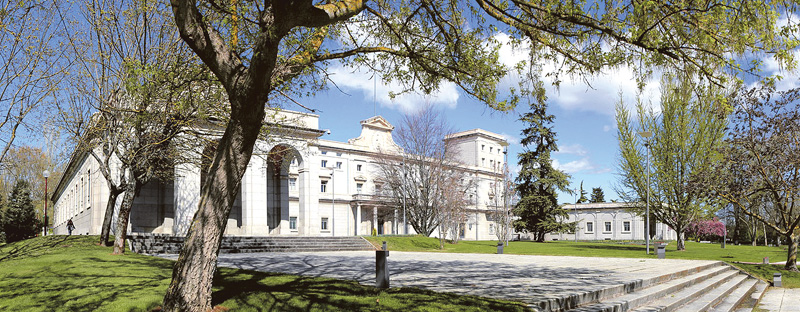While the origins of natural law doctrine go back to the Stoics, its traditional formulation proceeds from Thomas Aquinas. Its significance, however, goes far beyond the medieval period, finding resonance in the early modern Spanish commentators on Aquinas and in the reformulation of this doctrine within the Protestant tradition. Both have helped shape modern legal and moral thinking until very recently. As a matter of fact, natural law theory was the dominant moral theory until the 19th century.
Although we could discuss the advantages and shortcomings of different accounts of natural law, in this seminar we wanted to leave those historical discussions aside to focus on what all these approaches share, namely, the basic idea that morality is neither merely a human invention nor a biological function. From this perspective, natural law theory is as far from social constructionism as it is from naturalism.
When we speak of natural law in a moral context, we speak of a law of practical reason: the law that we follow, or fail to follow, in all of our choices and actions. From this perspective, good action enacts natural law insofar as it brings into practice the principles of practical reason; bad action, on the contrary, fails to illuminate practice with those very principles.
The particularization of moral principles in practice, however, does not take place without different kinds of social and cultural mediations. Because man is a social and cultural being, moral principles are formulated through cultural and social mediation. This is a process carried out in light of man’s rational capacities, but they are also subject to error.
